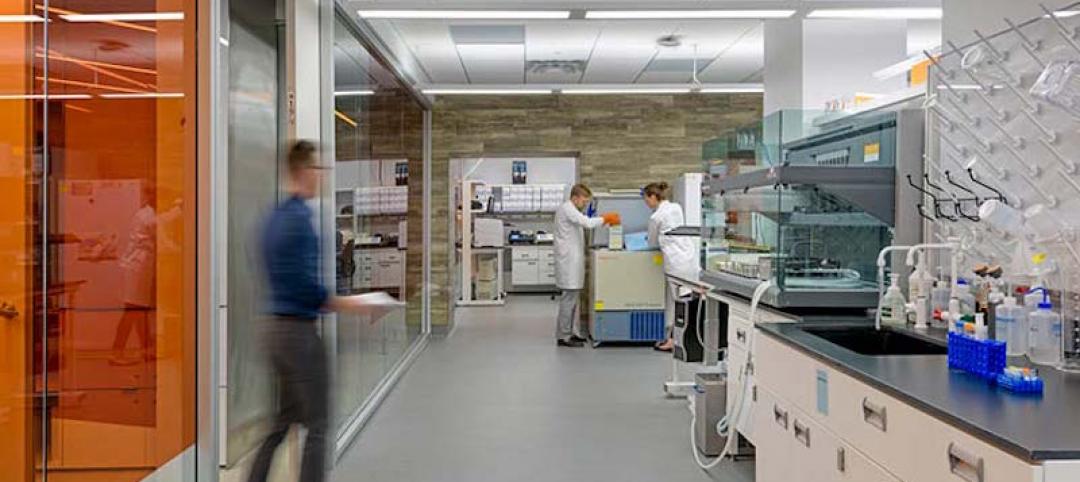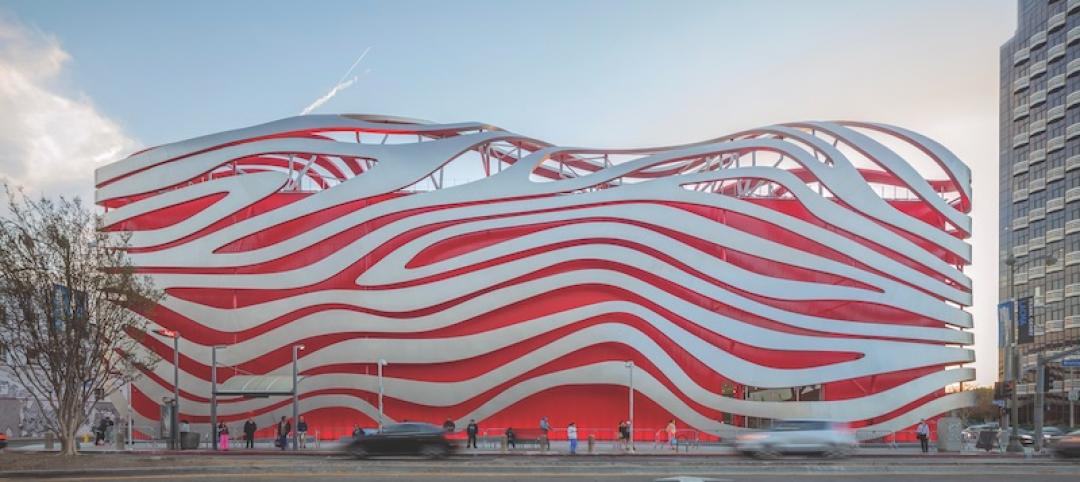Washington, D.C. – May 12, 2011 – The U.S. Green Building Council (USGBC) and the American Institute of Architects (AIA) today unveiled Local Leaders in Sustainability: A Special Report from Sundance, which outlines a five-point national action plan that mayors and local leaders can use as a framework to develop and implement green schools initiatives.
“This report should serve as a guidepost for many communities throughout the country that are looking for ways to implement green initiatives but fear the expense involved,” said AIA President Clark Manus, FAIA. “In reality, the average school is 42 years old, and energy inefficiencies cost it approximately $100,000 a year, money that could be better spent on teachers, education materials, books or computers.”
The steps outlined in the five-point plan include tangible action steps and are based on the conversations that took place at Sundance and successful green schools initiatives from across the United States and include:
1. Connect with the Green Schools Movement
2. Engage Stakeholders and Raise Awareness
3. Build Community Support and Capacity
4. Make it Happen: Benchmarking, Policy and Financing
5. Celebrate Success
The report also provides a comprehensive review of the benefits of green schools; a summary of local, state and federal policy solutions; leadership profiles of green school advocates; and case studies from both large cities and small communities. Together, these resources serve as a roadmap on the journey to green schools.
This special report stems from outcomes at the Greening of America’s Schools Summit, which took place November 2010 at the Redford Conference Center at Sundance, Utah. USGBC and its Center for Green Schools; the Redford Center, founded by Robert Redford; and ICLEI – Local Governments for Sustainability USA, collaborated to host the Greening of America’s School Summit, which brought U.S. mayors and superintendents from cities across the country, along with leaders in green design, education, arts and green school advocacy to take part in an intimate discussion on the importance of greening school districts.
“Through the greening of America’s schools, we have the chance to improve the health and education of our children, inspire future leaders and create a stronger America,” said Rick Fedrizzi, President, CEO and Founding Chair, USGBC. “Sundance was just the beginning. This comprehensive blueprint provides local policy makers and community members ways in which they too can accelerate green schools in their areas.”
“The Greening of Americas Schools Summit marked an important first step in realizing that the environmental quality of our schools is essential to our future and long-term well-being. As a result, Mayors and Superintendents came together to chart a new course toward healthy, sustainable schools where our children can grow and excel. We must now take this blueprint into action so that every child in America can attend a green school within this generation,” said Martin J. Chávez, Executive Director, ICLEI - Local Governments for Sustainability USA.
The report was issued this week at the 2011 AIA National Convention and Design Exhibition in New Orleans and USGBC’s annual Government Summit in Washington, D.C. It can be downloaded free-of-charge from centerforgreenschools.org/actionplan.
About The American Institute of Architects
For over 150 years, members of the American Institute of Architects have worked with each other and their communities to create more valuable, healthy, secure, and sustainable buildings and cityscapes. Members adhere to a code of ethics and professional conduct to ensure the highest standards in professional practice. Embracing their responsibility to serve society, AIA members engage civic and government leaders and the public in helping find needed solutions to pressing issues facing our communities, institutions, nation and world.
About the U.S. Green Building Council
The Washington, D.C.-based U.S. Green Building Council is committed to a prosperous and sustainable future for our nation through cost-efficient and energy-saving green buildings. With a community comprising 79 local affiliates, 16,000 member companies and organizations, and more than 155,000 LEED Professional Credential holders, USGBC is the driving force of an industry that is projected to contribute $554 billion to the U.S. gross domestic product from 2009-2013. USGBC leads an unlikely diverse constituency of builders and environmentalists, corporations and nonprofit organizations, elected officials and concerned citizens, and teachers and students.
Related Stories
Architects | Apr 19, 2017
Tour Zaha Hadid, Frank Gehry architecture with Google Earth
Google Earth’s new ‘Voyager’ feature allows people to take interactive guided tours.
Multifamily Housing | Apr 18, 2017
Three multifamily, three specialized housing projects among 14 recipients of the AIA’s 2017 Housing Awards
2017 marks the 17th year the AIA has rewarded projects and architects with the Housing Awards.
Projects | Apr 17, 2017
BD+C's 2017 Design Innovation Report
Façades that would make Dr. Seuss smile, living walls, and exterior wall space that doubles as gallery space are all represented in this year's BD+C Design Innovation Report.
Healthcare Facilities | Apr 13, 2017
The rise of human performance facilities
A new medical facility in Chicago focuses on sustaining its customers’ human performance.
Laboratories | Apr 13, 2017
How to design transformative scientific spaces? Put people first
While most labs are designed to achieve that basic functionality, a transformational lab environment prioritizes a science organization’s most valuable assets: its people.
Hotel Facilities | Apr 12, 2017
Hotels embrace place
Today’s hospitality environments emphasize unique, localized experiences to attract and engage guests.
Green | Apr 11, 2017
Passivhaus for high-rises? Research demonstrates viability of the stringent standards for tall residential buildings
A new study conducted by FXFOWLE shows that Building Teams can meet stringent Passivhaus performance standards with minimal impact to first cost and aesthetics.
Curtain Wall | Apr 11, 2017
Masters of geometry
Three firms that specialize in façades that curve, twist, and turn see themselves as artisans of the unthinkable.
Office Buildings | Apr 10, 2017
Innovation lab makes developing eye care solutions a collaborative affair
The Shop East innovation lab presents 13,500 sf of workspace across two floors with an emphasis on collaboration.















